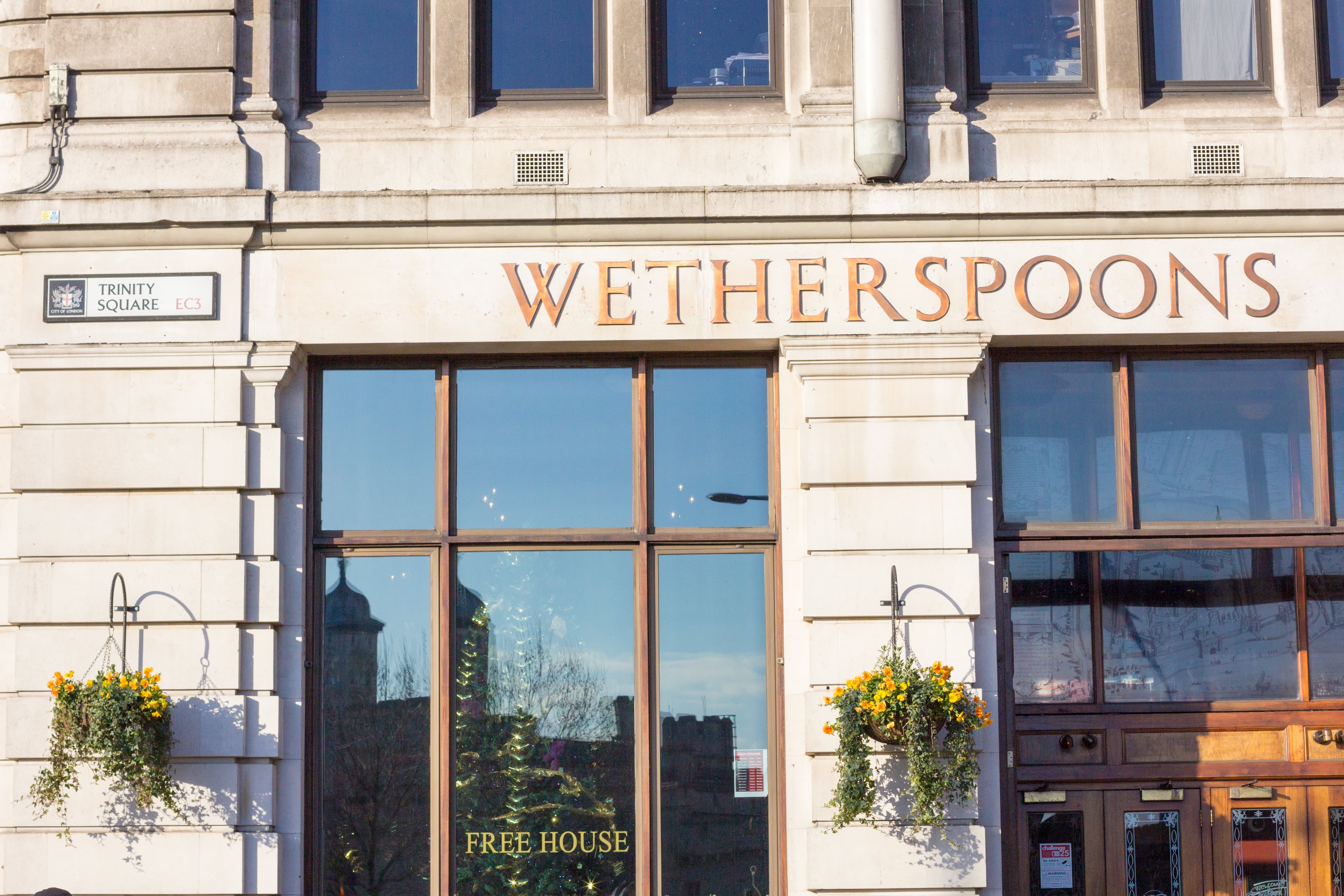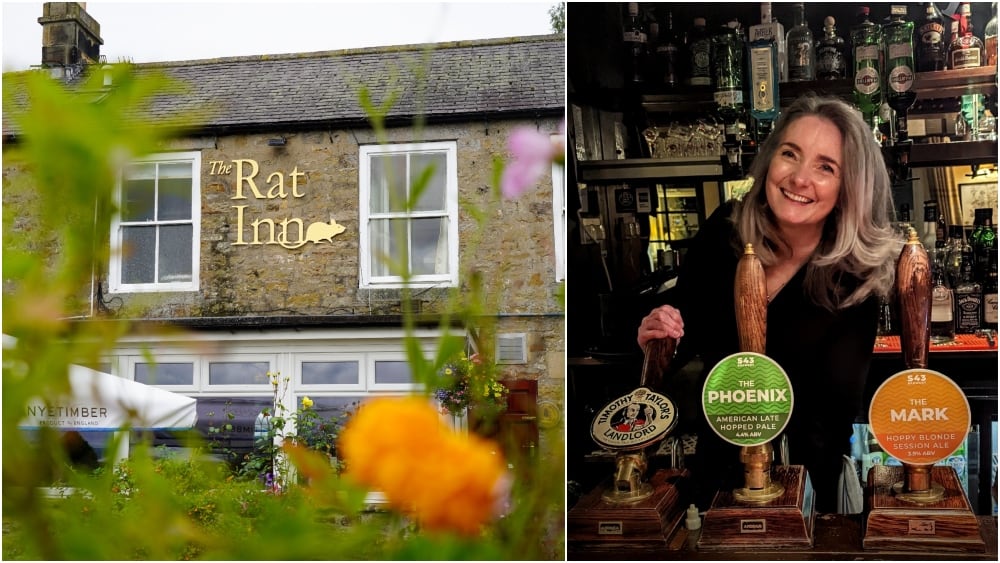Now, economic challenges have pushed it down the agenda.
When survival is on the line, it’s hard for businesses to focus on environmental goals. The will is there, but the means are limited – particularly in the hard-hit pub sector.
For publicans, this isn’t an abstract debate. It’s day-to-day reality: recycling bins overflowing, energy bills biting and customers who say they care about sustainability but still choose on price. You feel every policy change faster than anyone in the supply chain.
But with the balance sheets aside, a transformation is still very much necessary to minimise the effects of climate change. It’s a sad state of affairs, but there are a few glimmers of hope…
The importance of demand
For a while, the rise of conscious consumerism meant that it was commercially savvy for businesses to prioritise sustainable practices, because it was backed up by demand but Mintel’s UK Sustainability in the Food Market Report for 2025 found there was a very real fall in the prevalence of sustainable products, due to a decline in conscious consumerism this year.
The cause of this is very simple: people have less money. Sustained low consumer confidence has increased price-consciousness too, so people are actively moving away from making morally instigated buying decisions, to prioritise price.
Thankfully, the same report forecasts that we will return to increasing levels of conscious consumerism as purse strings loosen, maybe as early as end of this year.
Now not everything that businesses do is driven by demand but in the hospitality industry, it’s your bread and butter, right? You’re selling great products that people want but we live in a world where doing things more sustainably usually comes with an elevated price tag.
We’ve learned from greener heating systems, electric cars, etc. that being green comes with an immediately elevated price tag, while high-profile greenwashing cases add an air of suspicion in the eyes of the consumer.
The fact is if you’re making greener decisions as a consumer or a business, you’re doing it because it’s important to you, not because it will be cost effective.
For venues, that same tension applies. You might want to cut waste or switch to lower-impact serves but unless it helps the bottom line, it’s hard to justify.
The trick is finding sustainable choices that actually save you money or simplify operations – fewer deliveries, less glass, less waste. That’s where the supply chain has to work for you, not against you.
The proverbial carrot, not the stick
I say all of this as someone who thoroughly wants to see change in the industry. I am concerned about climate change. I want a cleaner, greener world for the next generation. There’s a lot that needs to be done to get us out of this slump and that responsibility starts right at the very top.
The UK Government’s default approach to driving behaviour change is tax. And it’s punitive. Whether you’re looking at the failed Deposit Return Scheme in Scotland, or the controversial Extended Producer Responsibility for Packaging (EPR) scheme, these are methods of punishment. And that can only take you so far.
To put it frankly, the EPR scheme will work to some extent but it’s a lot to start commercially penalising businesses when you’ve already piled extra costs on them – employer national insurance contribution hikes, business rates and increased alcohol duty.
Yes, the recent move to lower business-rates multipliers for hospitality from 2026 is a welcome start but let’s be honest, that’s a drop in the ocean compared to what’s needed. Instead of the proverbial stick, why can’t they offer a carrot?
I’m not a politician by any means but common sense tells me offering incentives alongside these schemes would drive even more appetite to invest in sustainable practices.
There are ample funds dedicated to ‘greenifying’ UK industry – why can’t some of these monies be spent on offering rewards to businesses who lower their carbon footprints? Maybe it’s in the form of business rates discounts, kickbacks on their energy bills or some quantifiable ‘green credit’ they can cash in on their tax bill.
Whatever the format – I’m certain it would be well received by the industry.
The glimmers of hope
At the start of this article, I mentioned glimmers of hope. And these have nothing to do with Government but instead the businesses who are innovating and driving progress in spite of the difficult landscape in front of them.
There are numerous spirits producers who are doing it right. Two Drifters are firmly leading the way in terms of carbon reduction – namely because they made carbon a key consideration from conception. They have an electric distillery, a closed-loop chilling system to create production efficiencies and even created their very own carbon tax to offset unavoidable carbon generated throughout the supply chain.
Another great example, for very different reasons, is Penrhos Spirits. They moved to a 100% recycled aluminium bottle for their range in 2022 – and now lots of brands are following suit. Aluminium is lighter, easier to recycle and much more sustainable than glass. Penrhos can firmly say it was ahead of the curve when it introduced this years ago.
But aside from producers, there is a business and a solution that has the potential to absolutely change the game for sustainability in the spirits and hospitality industries. And that’s ecoSPIRITS – a closed-loop distribution system that almost eradicates the need for glass bottles in venues.
Put simply, high-volume ‘totes’ of each spirit are delivered to venues and refilled. The technology is being adopted globally, and the big players in spirits are on board, which of course will speed up adoption. A growing number of UK bars and pub groups are already trialling ecoSPIRITS, but it’s still early days – what’s needed next is scale.
I firmly believe innovations like these will change the game – not anything that any flavour of Government can or will do.
The drinks industry is full of innovative, creative entrepreneurs. It’s that dynamic spirit that will drive sustainability in the industry. So, for anyone frustrated at the recent slowing of progress, panic not.
Technology is evolving, good work is being done and when there’s room to breathe again, it will very much be back at the top of the industry’s agenda.




